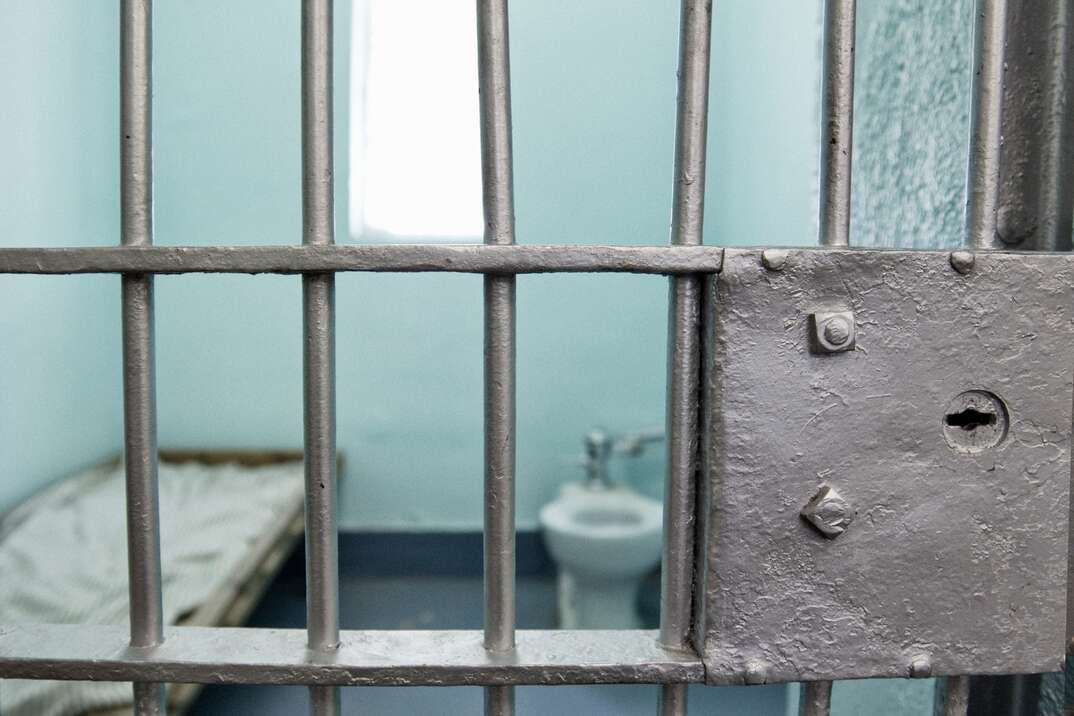What's the Difference Between Probation and Parole?

When you're dealing with criminal charges, a lot of big legal words get thrown around. If you don't have a legal background, it can be challenging to understand what's going on with your charges or sentencing.
Two important terms to understand, here, are probation and parole.
What Is the Legal Definition of Probation?
Probation is a sentencing option for some offenders that allows them to avoid jail time. Instead of serving jail time after being convicted of a crime, the person is sentenced to probation. Probation terms can last months to several years. During this time, the probationer must adhere to any court-ordered rules, such as avoiding alcohol or controlled substances, and meet with their probation officer on a regular basis. Probation is generally ordered in cases of nonviolent crimes, misdemeanors and first-time offenses.
Parole is when a prisoner is released early, usually for good behavior or because of overcrowding issues in the jail or prison. Parole is a type of supervised release in which the parolee must abide by certain conditions, such as regularly checking in with their parole officer, getting and maintaining a job, passing drug tests and not having any adverse interactions with law enforcement.
More Related Articles:
- When Do You Need a Lawyer? Determine If You Need to Hire an Attorney
- What Is a Class-Action Lawsuit?
- What Is a Misdemeanor?
- What to Do After a Car Accident
- What Is Power of Attorney?
What Are the Main Differences Between Probation and Parole?
Probation and parole have some similarities, but they're entirely different legal processes. Below are some of the key differences between probation versus parole.
Granting Authority
Probation is ordered by the judge in the criminal case and set through the sentencing process after a conviction. The judge determines how long the probation will be and what terms and conditions the person must abide by. These are generally specific to the type of offense. For example, someone who was convicted of domestic violence may be ordered to complete an anger management course and have no contact with the victim while they're on probation.
Whether someone is granted parole is decided by the local parole board. This board usually consists of a several people, including judges, criminologists and psychologists, who are qualified to determine if someone has been rehabilitated through the prison system and how likely they are to reoffend. The parole board also usually allows the prisoner to speak on their own behalf to express remorse or explain why they're now able to be a productive member of society, and the board may also hear from victims or their families in making the determination.
Supervisor
When someone is sentenced to probation, they're assigned to a probation officer. The probation officer is responsible for supervising the person for the duration of the probation term to ensure they're in compliance.
While a parole officer has similar duties to a probation officer as far as supervising the offender and ensuring they're following the terms of their parole, they also help parolees reconnect with the world. They can provide resources that may help the parolee get a job, find a place to live and start to successfully reintegrate into society.
Purpose
The purpose of probation is to deter someone from reoffending. As long as they abide by the terms of their probation, they don't have to serve an actual jail or prison sentence. However, they're still getting some punishment by having reduced freedom and being required to report to a probation officer.
In contrast, the purpose of parole is to reward prisoners who have followed the rules, have shown remorse and indicate willingness to turn their lives around. Parole also sets the person up to succeed by providing a support network to make the transition back to society easier.
Elocal Editorial Content is for educational and entertainment purposes only. The information provided on this site is not legal advice, and no attorney-client or confidential relationship is formed by use of the Editorial Content. We are not a law firm or a substitute for an attorney or law firm. We cannot provide advice, explanation, opinion, or recommendation about possible legal rights, remedies, defenses, options or strategies. The opinions, beliefs and viewpoints expressed by the eLocal Editorial Team and other third-party content providers do not necessarily reflect the opinions, beliefs and viewpoints of eLocal or its affiliate companies. Use of the Blog is subject to the
Website Terms and Conditions.The eLocal Editorial Team operates independently of eLocal USA's marketing and sales decisions.



